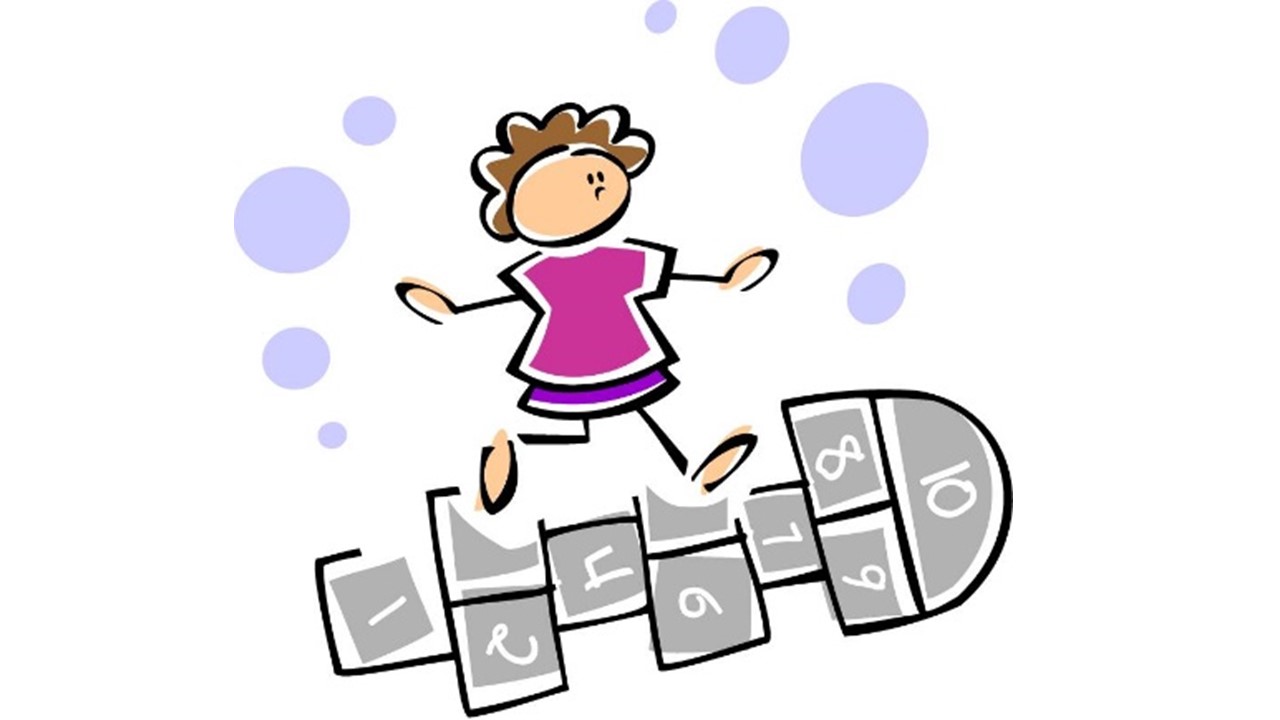Wonder why your child isn’t feeling encouraged?
21
July, 2021
Power of Praise
“I was never good at sports! I still remember my P.E lessons where the teacher would make us stand in a circle and one kid used to stand in the centre of the circle. The kid who is in the centre has to protect himself from the ball that the other children who were standing at the circumference were throwing at him. I know how bad I was at that game and many more games which we were made to play in the P.E lessons”, shared Anandita laughingly. Then her laughter faded and turned into confusion and dismay. She continued and asked me a question, “Why did they do this to me or any other child for that matter?”

How to Praise in an effective manner
“I used to feel very irritated and upset when my sports teachers used to praise me for my pathetic performance. They would say things like “Wow! Well-done! Great job” etc. I still don’t understand what was so great about what I did. Imagine, I used to get out easily, within a minute or two and still they would use words of praise for me. As if I can’t see what they were trying to do. I understand their intentions but their actions weren’t helpful at all”, said Anandita remembering her school days.
“There were some children with special needs in our class and when my sports teachers used to praise me then I used to feel they think I also have some kind of a disability that they are praising me in order to encourage me. But, the truth is that I used to feel discouraged and embarrassed in front of my classmates. My teachers could have simply stayed quiet instead of praising me in a fake manner”, insisted Anandita.
Many of us, probably, can relate to Anandita’s experience in the sport’s class. Some of us would support the teacher’s actions of trying to encourage the student who is struggling by exaggerating praise for them. At the same time, some of us would support the idea of effective praise.
Praise as per the definition given on google means ‘The expression of approval and admiration of someone or something’.
Anandita’s teachers were showing their admiration for her performance in sports class but she still felt disrespected, annoyed and sad. There could be different reasons for Anandita to feel like this, some of them possibly are –
- She might have felt that her teachers expect her to perform that low/poor. They don’t think she can do any better than this.
- Her teachers are saying the red lie by praising her.
- Instead of pride, she felt her teachers are sympathizing with her.
- She felt confused as she couldn’t understand what is she being praised for.
- Her teachers weren’t honest with her and that could have disappointed her.
In such circumstances, how can teachers be honest yet encouraging so that the student feels appreciated and accepted respectfully and not a pitiful manner?
When you are praising a child then keep following simple pointers in mind –
- Who are you praising? Take your child’s name.
- What did you find praiseworthy in the child’s performance? Be honest.
- Which specific words you can use to encourage the child? Choice of words matters.
An example of effective praise would be – “Daring participation Anandita! You were alert. How about being swift next time!”
If you have more time, then separately (or in a group depending on the child’s comfort) ask the child about what did he like about the performance and appreciate him for honest reflection.
Hope these simple and quick tips would help you encourage your students in a better manner and dissolve misunderstandings.

